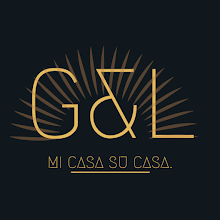That "bad situation" often involves a one-sided break-up where the person terminating the relationship has not acted compassionately, decently, or even humanely in the aftermath. In an attempt to renounce accountability and guilt, he or she refuses to give a former partner closure, causing the rejected person tremendous pain and distress.
We often fall back on the notion that only you can give yourself closure perhaps because it's an easy way out for the person who has been broken up to have the perception of control in a situation where realistically none exists. This premise essentially holds some truth: We are all given the responsibility of taking care of our own lives.
Finding closure comes with a cost albeit if left unattended, it may make things worse. This is because when someone is rejected and denied the chance to get honest answers about why the relationship ended, they are left robbed of their dignity. In this vain, unknown to many, the advice to 'get your own closure' inspires the sentiment that the person rejected is solely responsible for finding peace and for moving past a decision they do not fully understand or will never reconcile with; one that they did not conjure. It's a make-believe world.
Closure is essentially knowing the reason a romantic relationship came to an abrupt end. A situation where one no longer feels an emotional attachment or pain to something or someone, thereby allowing that person to establish new and healthy relationships. The pain that follows a breakup is thus not only caused by the partnership that is lost, but also by the lack of clarity about why the relationship was dissolved.
Continued ...
Memoir #11.


Comments
Post a Comment